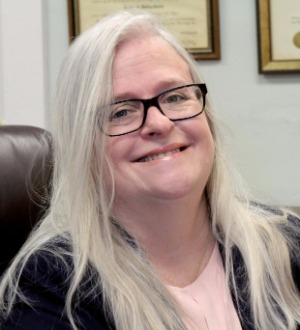Last August, in a case called Winstead v. Lafayette Board of County Commissioners, the Federal District Court for the Northern District of Florida held that an employee who was discriminated against for being gay could sue her employer under Title VII of the Civil Rights Act of 1964. The opinion is part of a quiet transformation of Title VII, gradually being recognized by federal district courts across the country, including those in Pennsylvania, Alabama, Oregon, the District of Columbia, California, and Florida. The statute has not seen a major amendment since 1991 and is silent about sexual-orientation discrimination. However, due to recent administrative agency action and the growing prevalence of an—until recently—seldom-used theory of liability prohibiting gender stereotyping, LGBT workers enjoy more protection under federal employment laws than ever in history.
The Supreme Court has long held that employers cannot discriminate against employees for failing to conform to stereotypes about how members of their sex are expected to behave.
Title VII actions for gender stereotyping came to prominence in 1989, in a case called Price Waterhouse v. Hopkins. There, a woman successfully sued her employer after she was passed over for a partnership because she failed to act the way a “woman should” and was told that she could increase her chances of promotion if she “walk[ed] more femininely, talk[ed] more femininely, dress[ed] more femininely, [wore] makeup, [had] her hair styled, and [wore] jewelry.”
Fast forward two decades, and notions that “men should be physically attracted to women” or “a person born female should self-identify as a woman” are now litigated under Title VII as forms of gender stereotyping, no different from requiring women to wear dresses or makeup at work. The Equal Opportunity Employment Commission (EEOC) has largely been responsible for spearheading efforts to expand Title VII into this area. The Commission can issue decisions as to whether employers violated employment discrimination laws or bring a lawsuit on an employee’s behalf. In recent years, the Commission has issued determinations that certain employment actions taken against LGBT workers violate Title VII. These actions include failing to hire an applicant because she is a transgender woman, denying an employee a promotion because he is gay or straight, or harassing an employee because of a gender transition, such as by persistently using a name or gender pronoun that does not correspond with the employee’s gender identity.
EEOC determinations are not binding on courts, and the Commission’s stance on these issues may bend with a new Republican administration in control of its funding and appointments of key staff members. However, these determinations provide both a glimpse into the future battlegrounds of Title VII litigation and a torch to pass on to private litigants seeking relief in federal court. In the very near future, gender identity and sexual orientation discrimination suits are likely to be as commonplace as the “traditional” sex and race discrimination claims courts frequently hear.

















